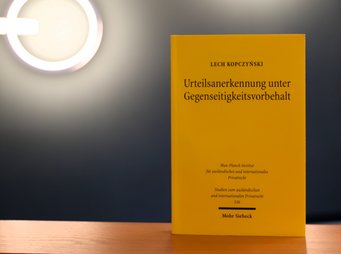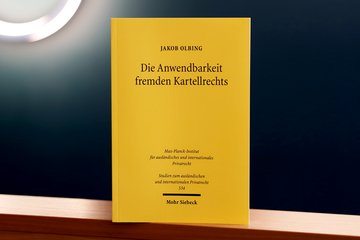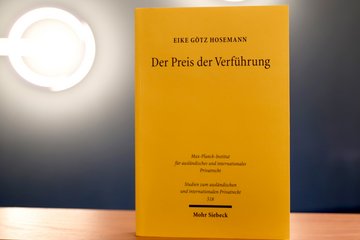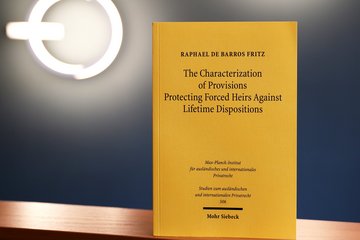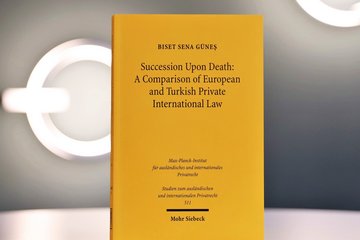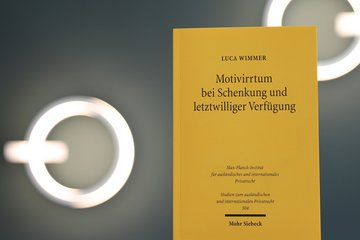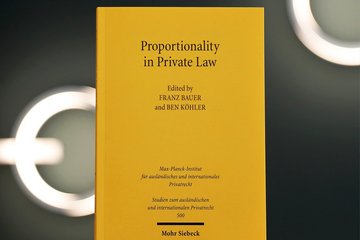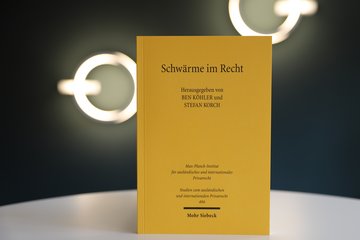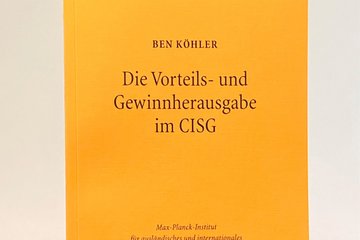Recognition of Judgments on the Condition of Reciprocity
The recognition and enforcement of foreign judgments is sometimes subject to the condition that the state in which the judgment was rendered would recognize and enforce the judgment if the situation were reversed. Such a condition makes the enforcement of private rights dependent on state behaviour. In his recently published dissertation, Lech Kopczyński, former research assistant at the Institute, analyses the question of whether reciprocity requirements of this nature are consistent with the European Convention on Human Rights (ECHR).
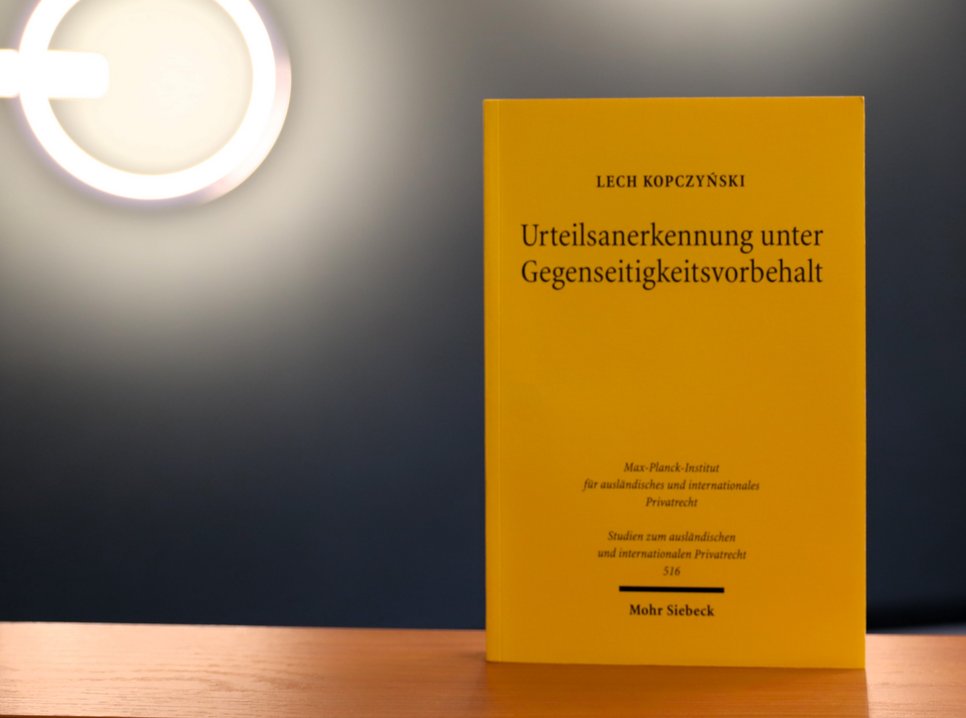
In principle, states are free, as an expression of their state sovereignty, to recognize or to refuse to recognize foreign judgments. Nevertheless, reciprocity requirements have long been criticized because they make the cross-border enforcement of civil judgments dependent on a condition over which the litigants have no influence, namely the accommodating behaviour of the adjudicating state. Consequently, such requirements assign state interests a primacy in international civil procedure that seems antiquated and of uncertain justification.
Reciprocity requirements stand in tension with the constantly growing influence of fundamental and human rights – and the values they project – in the cross-border enforcement of legal determinations. As a starting point for his investigation, the author considers the recent case law of the European Court of Human Rights. He examines the question of whether reciprocity requirements can be reconciled with the ECHR or whether they constitute a disproportionate abridgement of the right to effective enforcement of rights. In advance of this assessment, Lech Kopczyński traces the historical roots of reciprocity requirements, explores the principle of reciprocity in common law, and undertakes a comparative analysis of various European legal systems.
Dr. Lech Kopczyński, M.Jur. (Oxford), studied law in Heidelberg, St. Petersburg, Bonn, Münster and Oxford. He was employed at the Institute from 2016 to 2020. In 2022 he was awarded his doctoral degree from the University of Hamburg; his dissertation was supervised by Jürgen Basedow. Since 2020 he has worked as an attorney.
Image: © Max Planck Institute for Comparative and International Private Law
